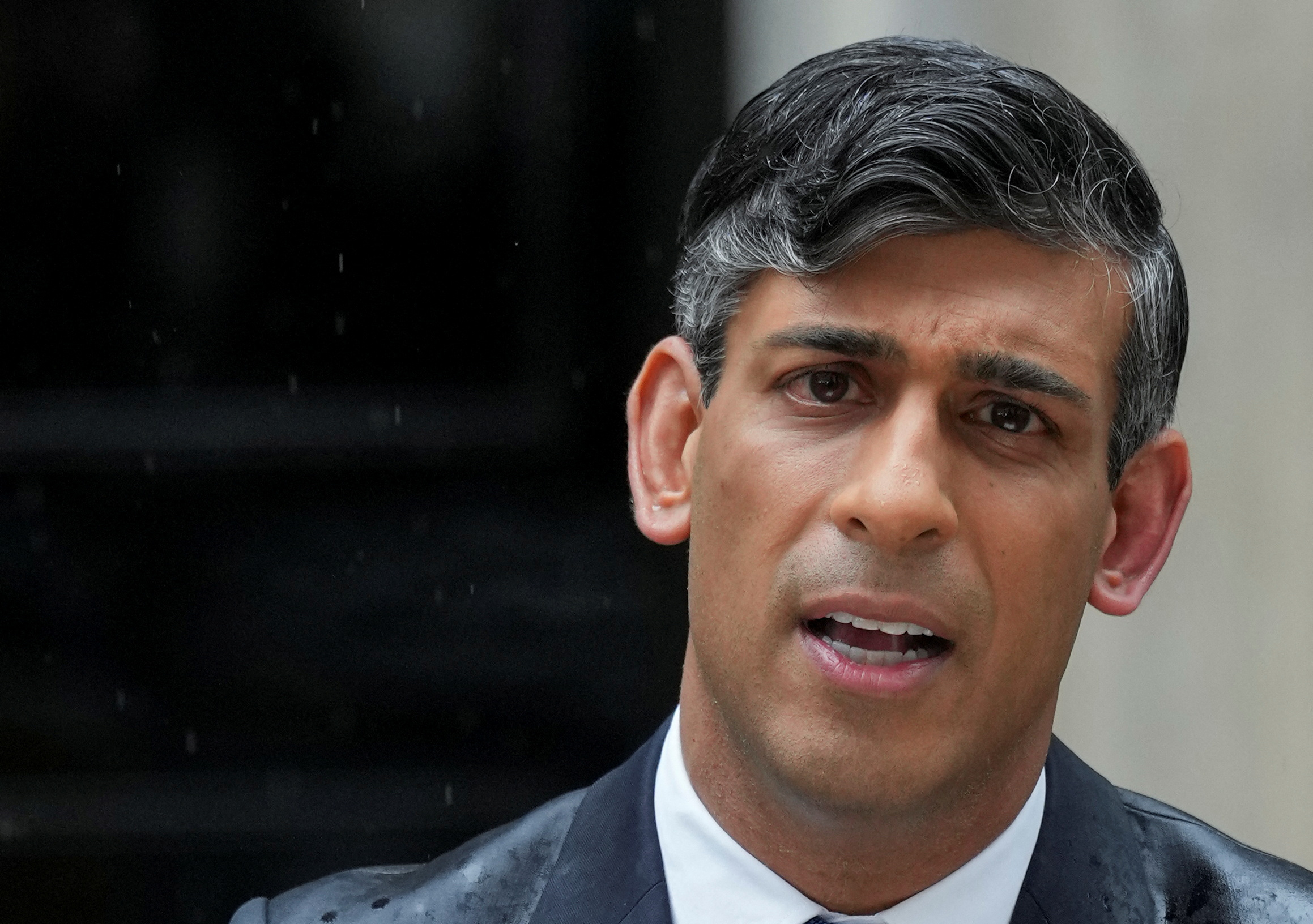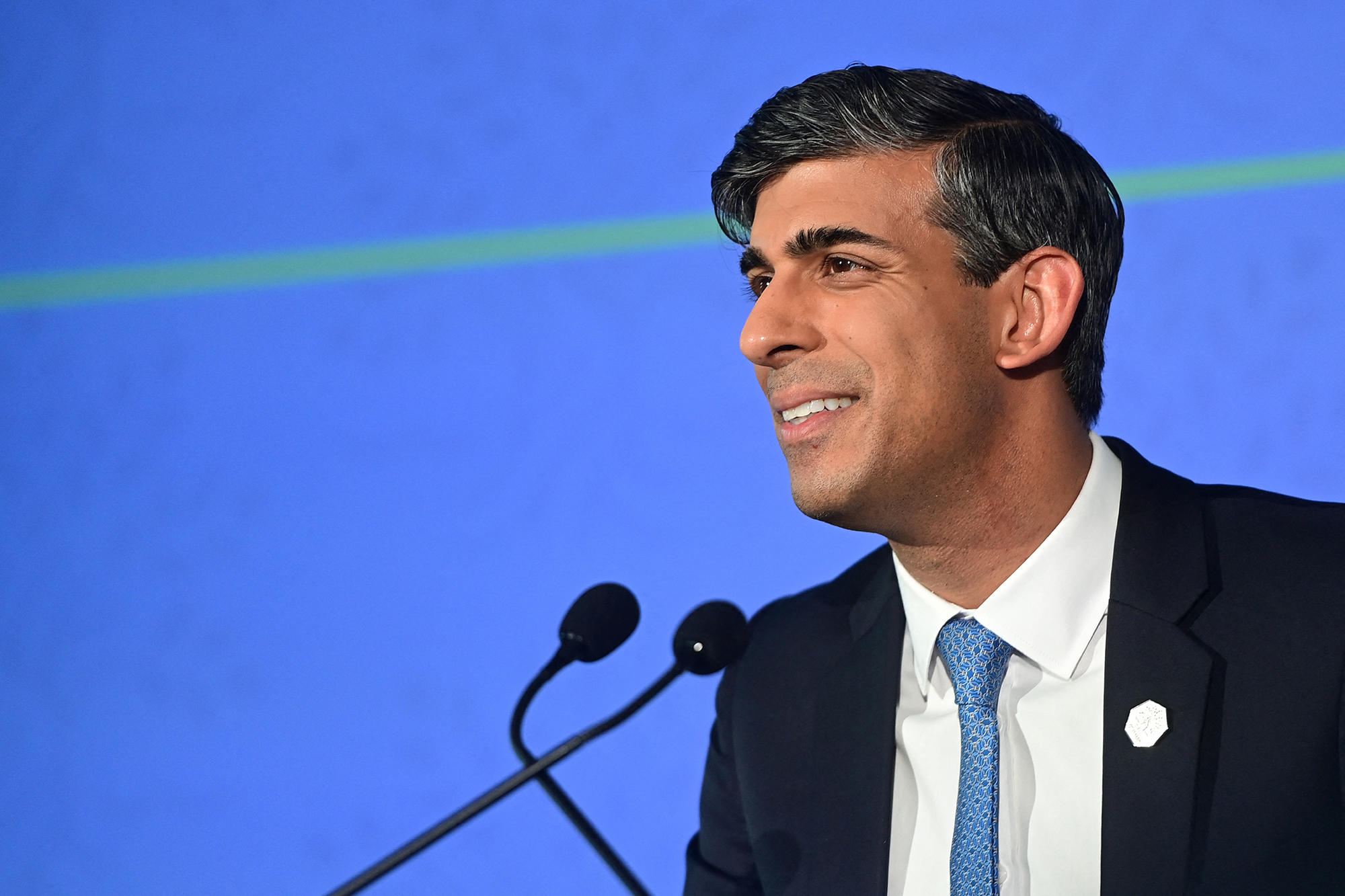Rishi Sunak announced his resignation as Prime Minister and Conservative Party leader following a significant electoral defeat to Keir Starmer’s Labour Party. His departure concludes a 14-year Conservative government marked by political turbulence and economic challenges.
In a speech outside Downing Street, Sunak accepted responsibility for the loss, acknowledging the electorate’s dissatisfaction and signaling the need for change. He expressed respect for Starmer and emphasized the importance of a peaceful transition of power, underscoring confidence in Britain’s stability.
Sunak, who led the Conservative Party for 20 months, inherited an economy grappling with inflation and a tarnished party image from his predecessors. Despite calling an early election in hopes of a turnaround, his campaign faltered amid strategic missteps, resulting in the party’s worst electoral performance in history.

Rishi Sunak
Sunak’s resignation as party leader will occur once his successor is chosen, aiming to facilitate the Conservative Party’s rebuilding process and its role as an effective opposition.
Reflecting on his tenure, Sunak highlighted Britain’s inclusivity and opportunity, noting his pride in becoming the country’s first ethnic-minority Prime Minister. He called for upholding British values of kindness, decency, and tolerance, sentiments he believed defined his leadership.
Despite the challenges and the disappointment of defeat, Sunak expressed gratitude for the opportunity to serve as Prime Minister and reflected on the personal milestones, such as witnessing his daughters celebrate Diwali at Downing Street.
Sunak’s departure leaves Starmer poised to assume leadership, tasked with steering the world’s sixth-largest economy from a center-left perspective. The Conservative Party now faces internal scrutiny and debates over its future direction, aiming to reclaim political relevance after a turbulent period in British politics.











































